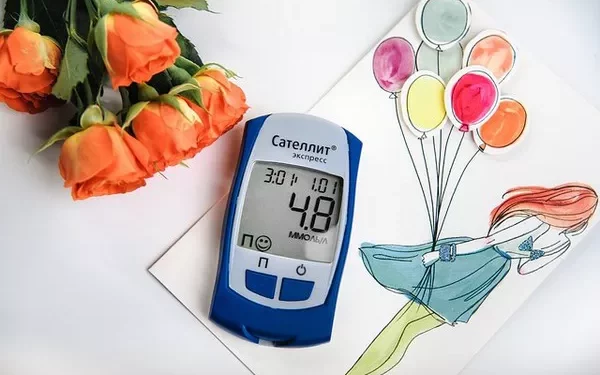A recent systematic review presented at the European Congress on Obesity in Malaga, Spain, highlights the potential of glucagon-like peptide-1 receptor agonists (GLP-1 RAs) in not only aiding weight loss and improving blood sugar control but also enhancing mood and overall well-being in adults, including those with mental illness.
According to Dr. Sigrid Breit, lead author of the study from the University of Bern, Switzerland, GLP-1 RAs, such as liraglutide and semaglutide, appear to be equally safe and effective in individuals with mental health conditions as they are in those without. These medications may significantly mitigate psychotropic drug-induced weight gain and improve glucose management, contributing positively to cardiometabolic health. This is particularly relevant for individuals with severe mental illnesses, who are three times more likely to experience obesity than the general population.
People with mental illnesses often face weight gain and metabolic complications, including obesity and type 2 diabetes. Approximately 60% of individuals with severe mental disorders are affected by these conditions, with substantial weight gain being a common side effect of many psychotropic drugs, such as antidepressants and antipsychotics. These medications are often necessary to prevent symptom relapse, particularly in individuals with conditions like schizophrenia and major depressive disorder.
Originally developed to manage diabetes, GLP-1 RAs mimic the action of the natural hormone GLP-1, which stimulates insulin production and lowers blood sugar levels. More recently, they have shown promise as treatments for obesity, slowing digestion and promoting feelings of fullness.
However, evidence regarding their impact on individuals with both obesity and mental health conditions has been limited, with concerns raised about the potential for increased suicidal thoughts and self-harm. To address these concerns, Swiss researchers conducted a comprehensive review of clinical trials and case studies from January 2010 to August 2024. The analysis included 36 studies involving 25,677 adults across 19 countries, assessing the effects of GLP-1 RAs on weight loss, glucose control, and mental health outcomes.
The studies reviewed explored the impact of four different GLP-1 RAs—liraglutide, semaglutide, exenatide, and dulaglutide—on both individuals with severe mental disorders and those without. In individuals with mental illness, GLP-1 RAs led to significant weight loss and improved glucose control. For instance, in a randomized trial, liraglutide (3 mg daily) resulted in up to 5.3 kg of additional weight loss and a 3.6 mmol/mol improvement in HbA1c levels after six months, compared to a placebo. Semaglutide (2.4 mg weekly) resulted in a weight reduction of up to 15.7% over 68 weeks in patients taking antidepressants.
Importantly, the study found no association between GLP-1 RAs and an increase in suicidal ideation or behavior. A review of four studies on suicidality among individuals with bipolar disorder and major depression found no significant difference in suicidal thoughts when using liraglutide, compared to a placebo. Similarly, studies on exenatide and liraglutide in alcohol use disorder and bipolar disorder showed no increase in suicidal behavior.
Dr. Breit cautioned, however, that while these results are promising, individuals using GLP-1 RAs, especially those with mental illness, should be carefully monitored until further evidence is available.
The review also demonstrated that GLP-1 RAs positively impacted mental health. Five studies found that the drugs improved mental health outcomes and quality of life in people with schizophrenia, major depressive disorder, and bipolar disorder. Additionally, in individuals without mental illness, GLP-1 RAs outperformed other diabetes medications in enhancing mood and emotional well-being. For example, liraglutide (1.2 or 1.8 mg daily) was shown to improve emotional well-being and perceived health compared to the diabetes medication glimepiride.
Dr. Breit explained that GLP-1 RAs may have antidepressant and anti-anxiety effects due to their anti-inflammatory and antioxidant properties, which could help reduce neuroinflammation.
While this research provides valuable evidence supporting the use of GLP-1 RAs to manage obesity in individuals with mental illness, further large-scale trials and long-term studies are needed to assess their long-term efficacy and explore their potential for treating mental health disorders directly.
Related topics:
What Is a Healthy Blood Sugar Level for a Diabetic?
ACE Inhibitors Linked to Lower Cardiovascular Risk in Older Adults With Type 2 Diabetes
Indian and US Researchers Identify Novel Genetic Variant of MODY in Children
























